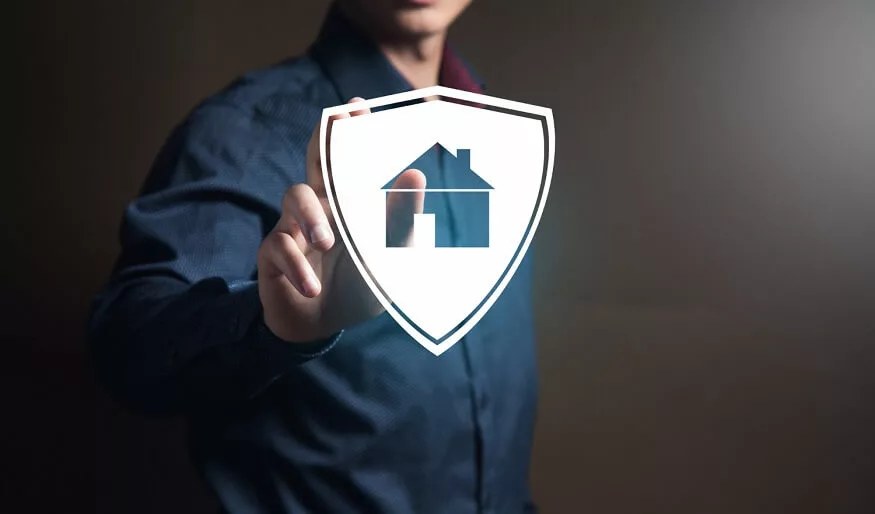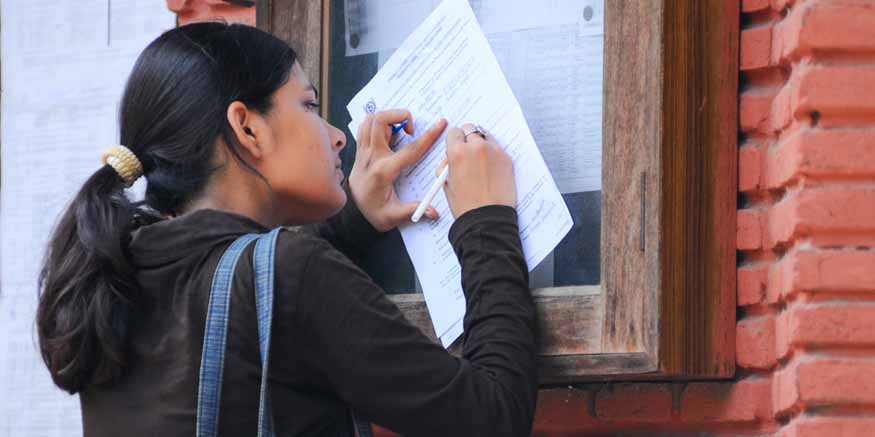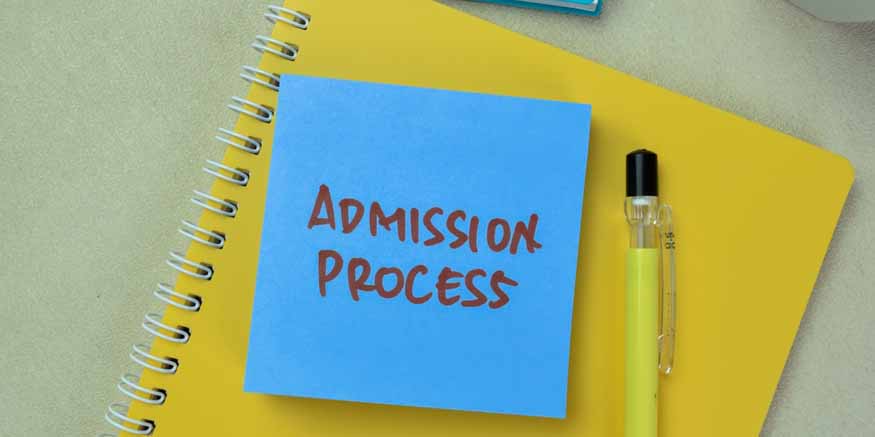Many parents struggle to balance their different domestic duties and demanding work schedules in today’s fast-paced environment. Kids therefore usually spend some time alone at home. Even while raising children in such circumstances could develop in them a valuable sense of independence and responsibility, parents must set rules to safeguard their children’s safety. We will provide you with more information about home-alone safety precautions so that you may better understand how to increase the safety of your child.
1. Safety Rules of Home -A Foundation for Security
- Secure Entry Points for Ultimate Protection: The first and foremost rule for safety rules of the home is the importance of ensuring that all doors and windows are locked securely. This simple yet crucial step can prevent unauthorised entry and maintain your child’s peace of mind and security.
- Emergency Contact Information: Create a comprehensive list of emergency contact numbers, ensuring that your child knows exactly where to locate it. This list should encompass essential numbers, including those of parents, neighbours, and trusted family friends. Consider posting a printed copy of this list in a prominent location, such as the refrigerator, and store it on their phone for easy access in case of emergencies.
- Establishing a Structured Routine: Encourage your child to follow a well-structured routine while at home alone. This routine could include specific check-in times, such as when they arrive home, before preparing meals, and before bedtime. This not only helps you stay updated on their whereabouts but also reinforces responsible behaviour.
Also Read: How to teach Kids to Be Smart About Strangers
2. Home Alone Safety Tips: Empowering Kids for Success
Doors and Windows: Safeguarding the Gateway to Security
Reiterate the utmost importance of diligently keeping all doors and windows securely locked at all times. It’s not only essential to teach your child how to use the locks effectively but also to underscore the profound significance of never, under any circumstances, opening the door to strangers or individuals they do not recognize.
Answering the Door: The Paramount Importance of Caution
Impress upon your child the cardinal rule of never, under any circumstances, opening the door to anyone they do not recognise or expect. Make sure to teach your youngster to use extreme caution, maintain composure, and, most importantly, not open the door if an unexpected guest shows up. Instead, kids should get in touch with you right away or another dependable adult who can offer advice and support.
Phone Usage: A Vital Lifeline in Times of Emergency
Assure that your child is not only familiar with using the phone but also comprehends the precise procedure for calling emergency numbers, in the event of unforeseen emergencies. The paramount emphasis should be on using the phone solely for genuine emergencies or to reach you, their guardian, when necessary.
Kitchen Safety: Navigating the Heart of the Home with Caution
In the case where your child has reached an age where they are responsible enough to prepare their snacks or meals, take the opportunity to provide them with a comprehensive education on practising safe kitchen habits. It is imperative that they fully grasp the significance of never leaving any cooking unattended. Furthermore, stress the importance of diligently turning off all kitchen appliances when they are not in use to prevent potential hazards and accidents.
Internet and social media: Protecting the Virtual World
In the digital age, establishing firm and unwavering guidelines for internet and social media usage while your child is home alone is imperative. Engage in open and honest discussions regarding the potential risks associated with the sharing of personal information online. Make certain to underscore the profound importance of maintaining private social media profiles to protect their online presence from prying eyes and potential threats.
3. Rules for Staying Home Alone: A Comprehensive Approach
● Age-Appropriate Independence: Assessing Maturity
Determine an appropriate age for your child to stay home alone, considering their maturity and readiness. While legal age requirements vary by location, it’s vital to evaluate your child’s readiness for this responsibility. Some children may be prepared at a younger age than others.
● Open Communication: Building Trust
Stress the importance of maintaining open lines of communication with your child. Encourage them to share any concerns, unusual occurrences, or doubts with you. Make sure they feel comfortable reaching out for help when needed.
● Neighbours and Trusted Adults: Expanding Support Networks
Take the initiative to introduce your child to neighbours and trusted adults in the neighbourhood. Inform them about whom they can turn to in the event of an emergency or if they require assistance.
● Emergency Drills: Preparedness for Any Situation
With your child, practice home-alone safety exercises to get them ready for various crises, such as fires, bad weather, and other unanticipated circumstances. Make sure they know where the first-aid kits, emergency supplies, and fire extinguishers are.
● No Cooking without Supervision: Ensuring Safety
Younger children should not be allowed to cook without direct supervision. Allow older, responsible children to prepare simple meals while ensuring they understand and adhere to precautions.
Also Read: Bathroom Safety for Children
4. Additional Home Alone Safety Tips: Strengthening the Safety Net
● Familiarise Yourself with Your Child’s Friends
Gain an understanding of the parents and friends of your child’s friends. If your child wants to invite a friend over while you’re not home, having this knowledge will help you maintain a safe and secure atmosphere.
● Safe Storage of Household Items: Preventing Accidents
Ensure that hazardous household items such as cleaning products, sharp objects, or medications are stored out of reach or securely locked away. This precaution significantly reduces the risk of accidents or injuries.
● Practice Safety with Pets: Ensuring Comfort and Security
Make sure your child understands how to properly care for your pets if you have any. Insist on the necessity of not allowing strange animals inside the home and promote responsible pet keeping.
● Awareness of Strangers: A Fundamental Safety Principle
Teach your child to exercise caution and vigilance in encounters with strangers, whether they occur at the front door or over the phone. Stress the value of never disclosing private information to strangers to protect people’s safety and privacy.
Also Read: Electrical safety for kids: The dangers of sockets and appliances
Home-alone safety is of the highest priority, and by implementing these thorough recommendations, you can give your child the knowledge and skills they need to remain safe, responsible, and confident while you’re gone. It’s crucial to adapt these rules for staying home alone to suit your child’s age, maturity, and unique circumstances. With the right precautions, your child can enjoy their time at home alone while maintaining safety rules of home and responsibility.
Children’s safety is important to EuroSchool, and one component we place a high priority on is their safety at home alone. Of utmost importance is making sure that kids have the information and resources they need to keep safe in these circumstances. In this age of increasing independence, we understand the significance of teaching kids the essential rules for staying home alone.









